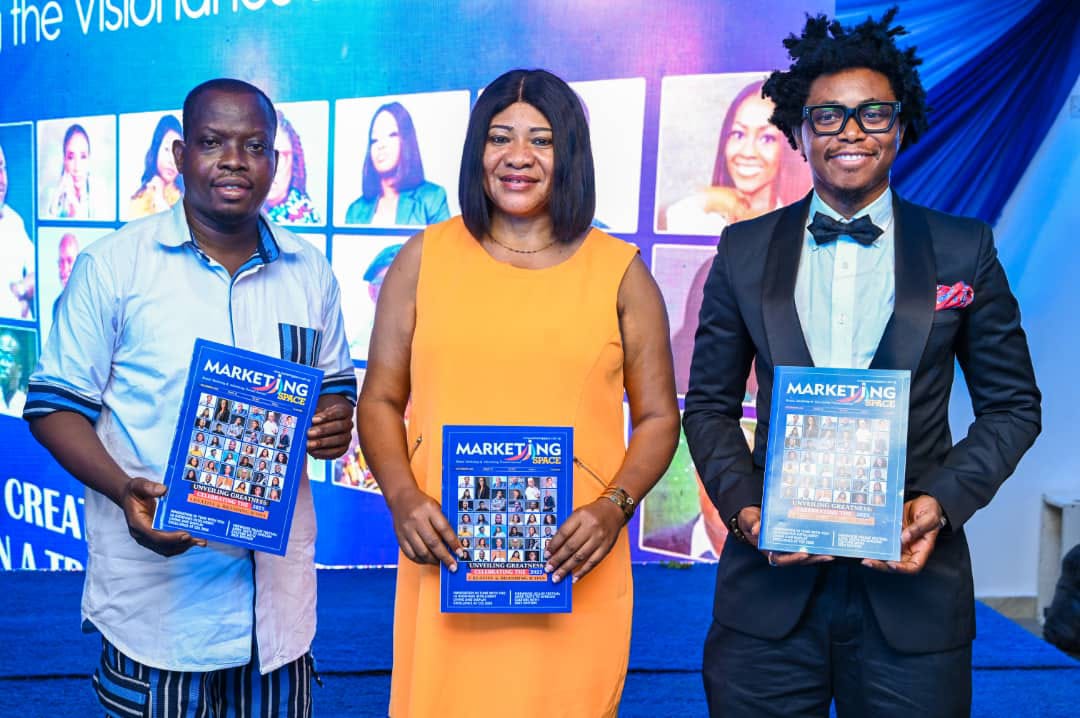
The rules of engagement, when it comes to communications, have changed tremendously. Just a decade ago, using a very colourful and vibrant storefront or having a network of loyal customers or enjoying favourable word-of-mouth marketing was almost certainly going to give your business the much-needed visibility.
However, today this same principle is being outshone by search engine optimization (SEO). Brands that do well in the future must learn how to master traditional PR strategies as well as SEO. Internet users across Africa are significantly changing the rules of engagement, making it no longer a matter of choice.
In the past, companies became behemoths by doing excellent traditional PR. Companies like Safaricom became household names through newspaper headlines about M-Pesa. All they had to do was take out billboards and newspapers to get the much-needed visibility. Other companies in other parts of Africa, like Naspers in South Africa, also leveraged traditional media partnerships to grow their brand and dominate publishing. Now, search engines like Google are pioneering the SEO wave that is taking over public relations. People are more likely to search for information about products or services on Google than they are to look through newspapers.
This is by no means a sign that traditional PR is dying but rather that there is a dire need for evolution. Brands that want to make an impact must be able to take the best parts of traditional PR and merge it with the SEO-optimized blogs if they are to get the message out effectively. It is good if a company sets up a press conference to address a critical issue, but it can be brilliant if that company also takes advantage of new media by telling its narratives on multiple social media platforms.
Flutterwave, a prominent fintech company in Nigeria, adeptly combines traditional PR with new media to effectively manage PR challenges. When it faced fraud allegations, the company called up a press conference to inform the public on the ways it was tackling this, but it also spread its message on SEO-optimized blogs and strived to control the narrative online to quell the negative backlash it was getting from the public and calm the frayed nerves at the same time. It spread the message fast using this method, and it was able to allay fears within the first 48 hours of its spread.
We speak more than 2,000 languages in Africa, so many brands still start with English or French news releases. Arabic SEO content dominates ads in Morocco and Egypt, where the majority of the audience speaks Arabic. If an ad appears in a place like Ghana, it won’t convert, necessitating location-specific tailoring. The lesson is that algorithms only favour brands that speak the language of their audience; they aren’t concerned about colonised languages. In Africa, millions of customers trust the first page of Google search results, which they still consider more credible than social media results.
There are still some challenges, though. While 68% of companies in Europe have SEO strategies, in Africa it is about 33% of companies that do. A lot of people mix up SEO with “buying Google ads,” so they don’t pay attention to how it can tell a story. The Ugandan solar company Fenix International learnt this bad lesson the hard way when Chinese rivals stole searches for “pay-as-you-go solar Kampala,” which slowed its growth by 18 months.
Others, like the Nigerian agritech company Releaf, did better by putting out Igbo-language instructions on “palm oil processing machines.” Such an approach keeps specialised searches under control and helps them beat their more established competitors.
The average business owner knows that being seen is important for business success. However, achieving visibility in Africa today requires more than just a strong market position. The next generation of consumers doesn’t just read headlines, so stories that work for both people and algorithms are important.
Timileyin Omilana is a seasoned PR and communications strategist with over three years of experience in media relations, digital PR, and reputation management. He has a proven track record of securing high-profile media placements and shaping narratives for tech brands across Africa and beyond.






